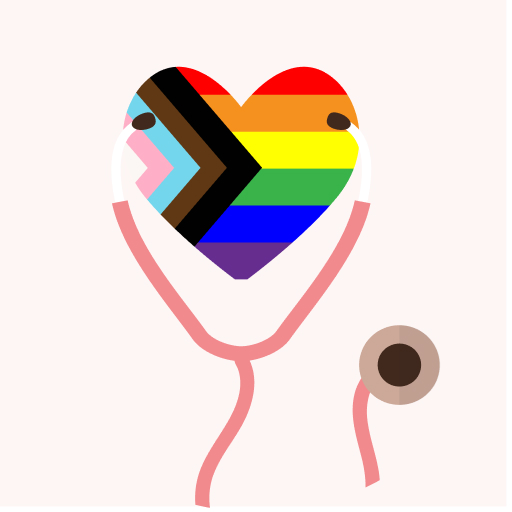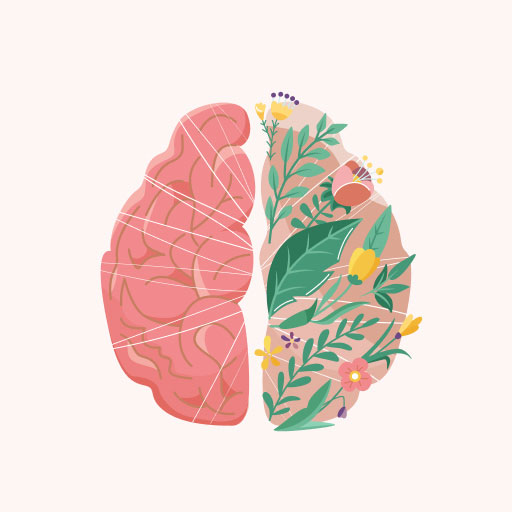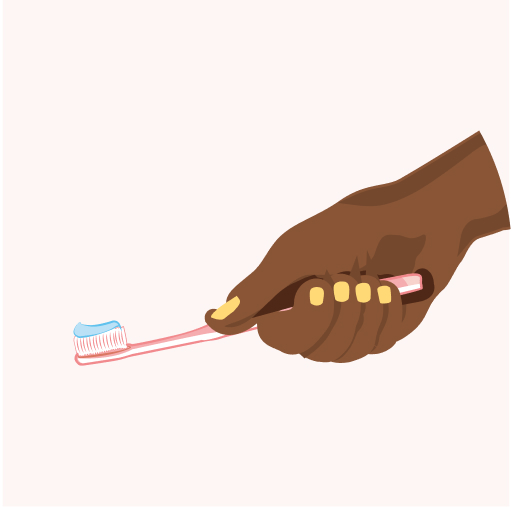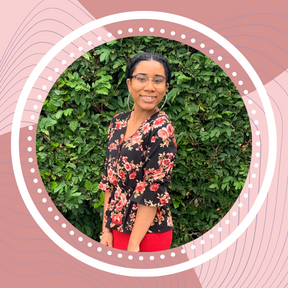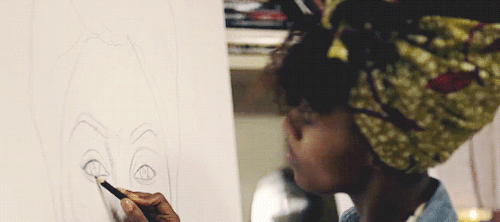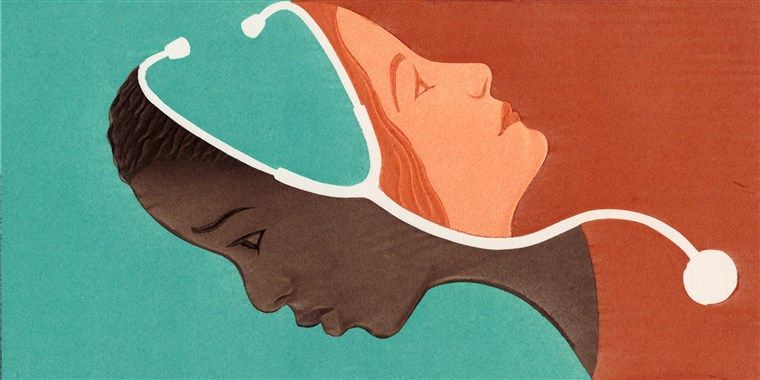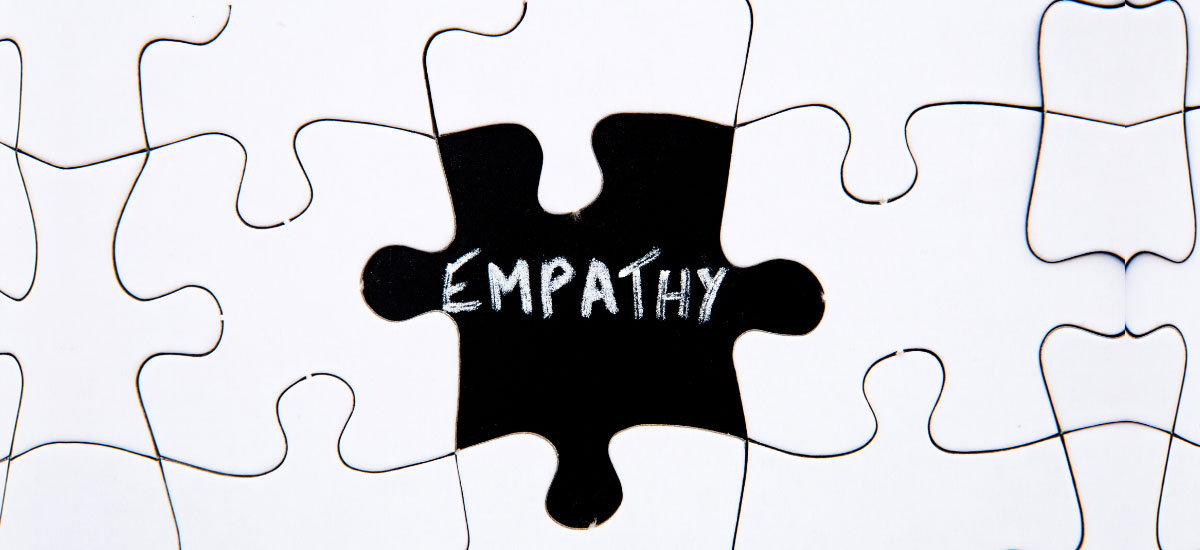
Reflecting on Diversity and Empathy in Care Spaces
My background has greatly prepared me to work effectively and empathetically with diverse communities.
We each bring our own perception of culture to a given setting, and that ultimately increases the diversity of the space. Being a Black or African American female, I am able to relate to minorities of my same group and other minorities in a way that people of the majority culture may not be able to. I understand health disparities, the meaning of health care in low-income communities, the role that families play in individual health, and many other factors that impact public health.
Growing up, I was pretty much always involved in diverse communities. I grew up in North Carolina and went to an elementary school that was made up of 99% African American students. There, I was considered a majority, but my middle, high school, and college days were full of people from all types of backgrounds, and I was a minority. Admittedly, in grade school I really did not try to understand culture or diversity, and paid little attention to how important it was. When I moved to Colorado, where there are even less people who look like me and so many more people of different communities, I really began to understand the beauty of diversity and Black voices. In my professional career, I have always encountered people from different backgrounds, and I have begun to see how social norms and traditions differ across cultures – for example, different cultural groups may prioritize manners differently, have different expectations related to their health care experiences, have different views on money and handling conflict, and more. My current job is at University of Colorado Hospital, one of the biggest and most diverse hospitals in Colorado. The patients we serve come from various cultural, economic, age and professional groups. Although I do not provide direct patient care, I am able to connect with many of the patients and can see firsthand how essential it is to have a diverse workforce in a hospital system that serves such a diverse population. However, at my current job, I can count on one hand how many Black doctors I have seen, and only one of them is a Black woman.
Through my experiences with diverse groups, I have learned how to emotionally connect with people who are different from me and, more importantly, increase the impact of my connection to people from my own identity group(s). I often see Black, young women who need help navigating the healthcare system and I am always honored to help my sisters in a setting where their needs often go unmet.
More Content
General Health
Let's Stop Only Naming Racism in Healthcare, Let's Cancel It
For a long time we’ve been trying...


